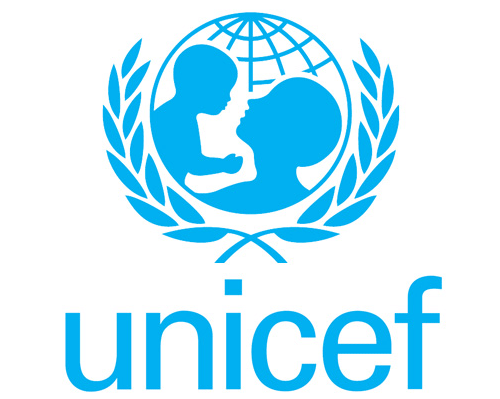Young People In Nigeria Are Facing A Mental Health Challenge – Report
One in six young Nigerians between 15 and 24 say they often feel depressed, have little interest in doing things, are worried, nervous, or anxious.

Young people and children in Nigeria are facing a mental health challenge due to pressure to succeed, a survey released by UNICEF and Gallup, ahead of World Children’s Day, marked annually on Nov. 20, has shown.
In a statement signed by Dr Geoffrey Njoku, Communication Specialist, UNICEF Nigeria, on Thursday, “one in six young Nigerians aged 15 -24 saying they often feel depressed, have little interest in doing things, or are worried, nervous or anxious.”
“As much as 85 per cent say they feel a greater pressure to succeed than their elders – the highest of all 21 countries surveyed, with young people in Lebanon a close second.”
The Landmark poll, The Changing Childhood Project, is the first of its kind to ask multiple generations for their views on what it is like to be a child today.
The poll surveyed more than 21,000 people in 21 countries, including Nigeria. The surveys were undertaken in countries across Africa, Asia, Europe, and North and South America, and income levels surveyed across two age cohorts; 15-24 years old and 40 years old and up.
The survey, conducted during the COVID-19 pandemic, analysed young people’s opinions about their mental health, worldview, trust in institutions, the importance of equality, climate change, and digital benefits and risks, among others.
“Findings from the survey also show that young Nigerians are more concerned than young people in any other country surveyed about personal information being collected and shared online, at 72 per cent. The next highest are young people in Indonesia, at 63 per cent, and Kenya, at 54 per cent,” the statement read in part.
The statement also explained how children and young people in Nigeria also show high levels of concern about the risks of meeting someone in person after meeting them online, at 84 per cent, slightly higher than children in the United States (81 per cent) and Brazil (82 per cent).
“In the area of finances, young Nigerians again showed a high level of concern, with 74 per cent of females and 66 per cent of males worried they don’t have enough money for food.”
Similarly, Peter Hawkins, UNICEF Nigeria Representative said children and young people in Nigeria have a high level of concern about many and varied issues, compared to their peers in other countries, “we cannot bury our heads in the sand and hope these concerns will go away – we need to take action. And the first step is to solicit their views, really listen closely and allow their concerns and ideas to influence our policy decisions.”
“The future of Nigeria belongs to its children and young people – they have the right to be heard, have their needs addressed and their solutions explored. It is only through commitment to understanding and investing more in our children and young people’s presents and futures that we can maximize every child’s potential and ensure they have a full and happy life,” he said.
According to Joe Daly, Senior Partner at Gallup, we cannot know what is on the minds of young people if we do not ask them. UNICEF’s survey reinforces the importance of hearing from the next generation and understanding their perspectives.
“The children of today are the leaders of tomorrow; it is crucial for older generations to do their part to ensure our children inherit a better world,” Daly said.
UNICEF, also known as the United Nations Children’s Fund, is a United Nations agency responsible for providing humanitarian and developmental aid to children worldwide.
Support Our Journalism
There are millions of ordinary people affected by conflict in Africa whose stories are missing in the mainstream media. HumAngle is determined to tell those challenging and under-reported stories, hoping that the people impacted by these conflicts will find the safety and security they deserve.
To ensure that we continue to provide public service coverage, we have a small favour to ask you. We want you to be part of our journalistic endeavour by contributing a token to us.
Your donation will further promote a robust, free, and independent media.
Donate HereStay Closer To The Stories That Matter




